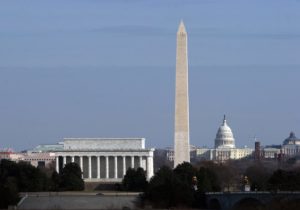The Landscape of Science Policy 2018
In our current funding and political climate, it is necessary and important for trained scientists to understand the landscape of science policy and get involved with science policy endeavors. The ability to effectively communicate scientific knowledge, ideas, and goals, and influence the effects of laws and regulations on individuals and entities is vital to the optimized relationship between biomedical science and public policy.
This multi-faceted course will introduce you to the policymaking process, laying out the landscape of public policy in terms of centers and organizations, and highlighting pathways to professional opportunities in science policy. In addition, you’ll take-away a concrete understanding of best practices regarding applications for fellowship opportunities, learn how to navigate the government’s job searching tool, and gain hands-on experience in crafting an effective policy memo.
Course capacity: 15…REGISTRATION IS NOW CLOSED.
Fee: $10
Dates & Times
SESSION 1
Monday, Feb 19th, 5 – 6 pm
Your Role in Changing Hearts and Minds for Science.
Speaker: Mary Woolley, President and CEO, Research!America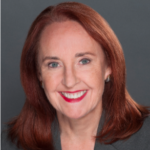
Scientists have an important role to play in ensuring that the public, media and policymakers hear about the benefits of research from the standpoint of how science contributes to economic growth and prosperity, national security, and health. At a time when Congress and the public are questioning science, and given heightened public and policymaker demand for less government spending as well as more transparency and accountability, it’s past time to overcome the near-invisibility of scientists and institutions of science. Mary Woolley, president and CEO, Research!America will discuss the current state of federal science and health research agency budgets, share relevant public opinion survey data and provide insights on how to effectively communicate with the public, policymakers and the media.
Monday, Feb 19th, 6:30 – 7:30 pm
Voices in Science: A Scientist Lobbying for Cancer Research.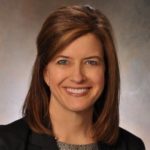
Speaker: Kathleen Goss, PhD. Senior Science Writer and Director of Strategic Partnerships, University of Chicago Comprehensive Cancer Center
The research community has a powerful voice as advocates for increased and sustained federal support for biomedical research. Dr. Goss will discuss her role as a volunteer with the American Cancer Society Cancer Action Network to lobby for funding and other cancer-related policies that benefit patients. She will also highlight responsibilities and opportunities that academic cancer centers have as key stakeholders, and ways in which young scientists can get more involved.
*****
SESSION 2
Friday, Feb 23rd, Noon – 1 pm
Navigating USAjobs. 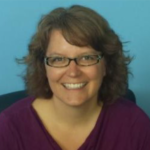
Speaker: Lori Conlan, PhD. Director Office of Postdoc Services and the Career Services Center, Office of Intramural Training and Education at the NIH
This tutorial on usajobs.gov will help you understand the application process for government positions. We cover how to read a job ad (including how to look for clues to improve your resume), the process of your job application, and crafting a resume for USAjobs.gov.
Friday, Feb 23rd, 1 – 2 pm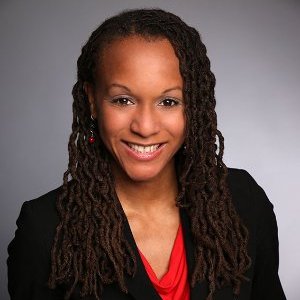
Government 101: The Impact of Executive, Legislative and Judicial Branches on Science Policy
Speaker: Cristal Gary, MPP. Principal, Leavitt Partners
This module will cover the basics of public policy and the policy making process, and provide an introduction to science policy as a specific discipline of public policy. Participants will learn to analyze a public policy in terms of its goals, stakeholders, and type of policy intervention. We will then go through a case study to apply these concepts.
*****
SESSION 3
Saturday, Feb 24th, 9 am – 2 pm
AAAS Fellowship Process from Start to Finish and other policy fellowship opportunities.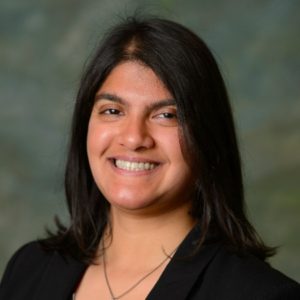
Session leader: Sapana Vora, PhD (Cancer Biology ’13). Deputy Team Chief, Biosecurity Engagement Program, US Department of State
Walk through the application steps and critical elements in the fellowship application, including tips for how to navigate the week-long interview process.
Writing a Policy Memo: Nuts & Bolts.
Workshop leader: Ellen Cohen, MPP. PI of myCHOICE and Executive Director, Center for Health and the Social Sciences
Why memo writing? Regardless of your profession, colleagues and employers recognize direct, concise communication that reflects systematic thinking through effective writing as one of the key strengths necessary in influential and substantive work roles. Chances are excellent that you will find yourself needing to brief one or more decision-makers. Policy and issue memos are the most common ways of managing evidence to make recommendations affecting critical issues. This workshop will help you to craft a memo, including individual feedback on submissions.
*****
SESSION 4
Tuesday, March 6th, 5 – 7:30 pm
Presentation of policy memos.
Course participants will summarize their policy memo in a 10-minute, 3-slide presentation.

